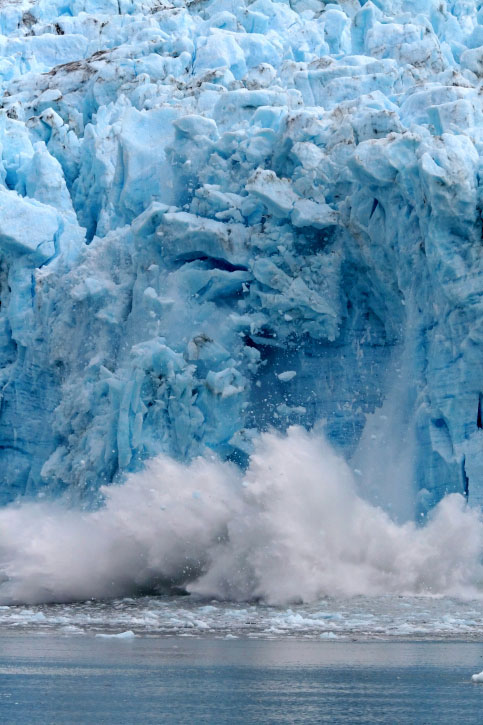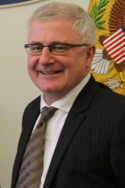
This week the Ministry for the Environment is consulting and seeking submissions on a proposal to ban some of the more ‘Mickey Mouse’ international carbon credits from the New Zealand Emissions Trading Scheme. Apparently this is because Climate Change Minister Tim Groser “wants to maintain the integrity of the ETS” (New Zealand Emissions Trading Scheme).
Thats really too much brazen and intentional cognitive dissonance, especially since Groser said that only five days after he indefinitely excluded agriculture from the ETS and only four days after he announced New Zealand would not sign up for a second commitment period under the Kyoto Protocol of binding greenhouse gas reductions.
I apologise if you had an extreme reaction to the close conjunction of the terms “Tim Groser”, “emissions trading scheme” and “integrity”. My apologies if you just coughed your coffee/beer/tea over your laptop or punched out your PC monitor.
Assuming you have cleaned up, I should provide the context for Tim Groser’s unintentional irony in claiming to be concerned about the integrity of an emissions trading scheme where emission units trade for less than $3 per tonne of carbon dioxide equivalent gas.
Here is the quote from Groser about the consultation.

 The New Zealand government has announced that the country will not join the second commitment period of the Kyoto Protocol (CP2), but will instead make voluntary commitments within the Kyoto framework [
The New Zealand government has announced that the country will not join the second commitment period of the Kyoto Protocol (CP2), but will instead make voluntary commitments within the Kyoto framework [ Simon Johnson looks at the Government’s amendments to the New Zealand Emissions Trading Scheme and concludes we are arguing about what gear to drive in as we speed towards the cliff. The Government has kindly given us the opportunity to make a submission about how fast fast we should go over the emissions cliff. Time to fasten your seatbelts.
Simon Johnson looks at the Government’s amendments to the New Zealand Emissions Trading Scheme and concludes we are arguing about what gear to drive in as we speed towards the cliff. The Government has kindly given us the opportunity to make a submission about how fast fast we should go over the emissions cliff. Time to fasten your seatbelts. I hope the New Zealand Government feels shamed by the
I hope the New Zealand Government feels shamed by the  Climate Change Minister Tim Groser gave a substantial and intelligently argued
Climate Change Minister Tim Groser gave a substantial and intelligently argued
You must be logged in to post a comment.